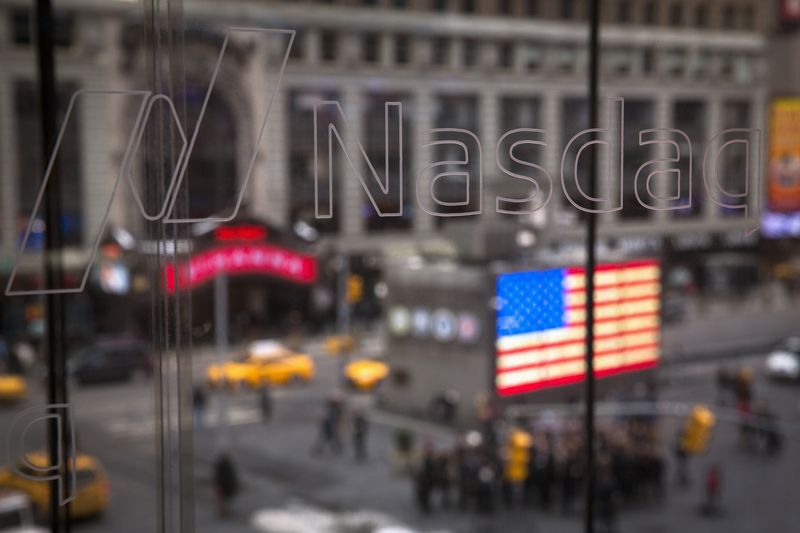By David Randall
NEW YORK (Reuters) - The best performing technology fund since the peak of the dot com boom did it all without owning Apple Inc (NASDAQ:AAPL), whose soaring stock price has pushed the Nasdaq near a new record high.
The $941 million Fidelity Select IT Services fund has returned an average of 10.9 percent a year since March 10, 2000, when the Nasdaq Composite hit its record high, according to Lipper data. That's more than double any other technology fund tracked by Lipper, and trounces the 0.1 percent a year generated over the same period by the PowerShares QQQ ETF, the most popular exchange traded fund tracking the Nasdaq.
"This is a fund that doesn't have Google (NASDAQ:GOOGL), doesn't have Microsoft (NASDAQ:MSFT). This is a wholly different subset of technology than most investors are familiar with," said Todd Rosenbluth, director of mutual fund research at SP Capital IQ.
The fund invests at least 80 percent of its assets in firms that provide day-to-day services such as payment processing and web hosting, rather than looking for those with zooming growth, said Kyle Weaver, 38, who has been lead portfolio manager of the fund since 2009. The fund has largely kept the same investment approach since its inception, he said.
"We're looking for companies that have a high degree of recurring revenue that aren't very glamorous and operate in the background of our lives instead of front and center," he said.
Instead of Apple and other big household names of the Nasdaq, Weaver owns large positions in companies that few lay investors have heard of, such as Vantiv Inc, a payments processing company, and data analytics company Cognizant Technology Solutions (NASDAQ:CTSH) Corp.
Still, the size of the bets the fund takes on companies may give investors pause, Rosenbluth said.
"This is a very concentrated fund and while it has companies like IBM that people have heard of, it has a mixture of small and mid cap companies that will fly below the radar for most investors," he said. The fund charges 83 cents per $100 invested, a level that Morningstar considers below average.
BETTING ON PAYMENTS
Its top holdings are Visa Inc (NYSE:V) and Mastercard, both of which are up more than 220 percent over the last five years. Together, the companies make up about 26 percent of the fund's assets. Neither is the top holding in any other technology fund, according to Morningstar data.
These "names we know but don't always associate with technology" have "been on a tear over the past three years," said Jeff Tjornehoj, head of Americas Research at Lipper.
Outside of its bets on Visa and Mastercard, the fund has profited more from its positions in medium and small-sized companies than from the large companies it holds. International Business Machines (NYSE:IBM), for instance, is up just 27 percent since the fund purchased it in early 2010, compared with a 130 percent rally in the broad Nasdaq Composite over the same time.
Weaver splits his portfolio roughly evenly between large and small companies. He recently added to positions in Vantiv Inc, a $7 billion market cap payment processing company, as well as Alliance Data Systems Corp (NYSE:ADS), a $17 billion market cap company that operates customer loyalty programs and branded credit cards.
These companies that operate in the background tend to have more profitable niches and trade at less expensive valuations than average, said Weaver.
Vantiv, for instance, trades at a forward price-to-earnings ratio of 15.6, below the 20.7 multiple for the Nasdaq as a whole, while Alliance Data Systems trades at a forward P/E ratio of 16.3. Vantiv's shares are up 16 percent over the last 12 months, while shares of Alliance Data Systems have slipped 1.3 percent.
"Apple is the biggest stock in the Nasdaq and everyone knows why," Weaver said. "But I bet very few people know if ADP or Paychex (NASDAQ:PAYX) cut their last paycheck."
